How to Naturally Lower Your Cholesterol Levels
For a healthy heart, it is very important to maintain normal levels of cholesterol in the body. High levels of cholesterol lead to very serious conditions such as heart problems or strokes. Fortunately, you can find a way to manage it without resorting to pills alone.
This article explains effective ways of lowering high cholesterol by making a few changes in your lifestyle. It discusses the importance of proper nutrition and exercising in the prevention of heart diseases.
Focus on good fats for better cholesterol
Focus on the good fat! Some folks swear by low-fat diets, but the jury's still out on whether they really help with cholesterol.
On the flip side, diets loaded with monounsaturated fats—like the Mediterranean diet—have solid proof. They lower the bad LDL and boost the good HDL.
Want more of these fats? Reach for:
●Olive oil
●Nuts like almonds and cashews
●Canola oil
●Avocados
●Nut butters
●Olives
But wait, there's more. Polyunsaturated fats, especially omega-3s, are superstars too! They cut bad cholesterol and help your heart. Plus, they lower the risk of diabetes and metabolic syndrome.
Omega-3s are in:
●Salmon
●Mackerel
●Herring
●Tuna (the fancy kind)
●Shrimp (but just a bit)
Bye-bye trans fats, hello fiber
Cut the trans fats. They’re unsaturated fats, but hydrogenation makes them worse. Your body doesn’t love them.
Trans fats mess with your cholesterol. They raise the bad (LDL) and lower the good (HDL). Not cool.

You’ll find them in:
●Margarine and shortening
●Pastries and baked goods
●Some microwave popcorn
●Fried fast food
●Some pizzas
●Non-dairy coffee creamer
Now, let's talk fiber. Soluble fiber is a plant powerhouse. It can lower your bad cholesterol and keep your heart happy.
Top fiber hits include:
●Oat cereals
●Beans and lentils
●Brussels sprouts
●Fruits
●Peas
●Flaxseeds
Exercise: a simple heart win
Exercise is good, not only for your overall well-being but also for your heart. It maintains your health level and prevents you from becoming overweight. Additionally, it decreases the lower-density lipoprotein (LDL) cholesterol and increases the high-density lipoprotein (HDL) cholesterol.
According to the American Heart Association, it is necessary to engage in moderate aerobic physical activity for at least 150 minutes a week. That’s just half an hour for five days. You can do any of the activities, like walking, biking, swimming, or even dancing.
For more advantages, incorporate strength workouts. Strength training means you can lift weight or do body-weight exercises. It builds muscle and reduces fat. Your heart will be pleased with this.
Always remember to check your weight. Extra weight can raise your cholesterol and hurt your heart. Losing just a little weight can help. It lowers bad cholesterol and raises good cholesterol, making it a double win.
A doctor or nutritionist can help you create a diet that works for you. A balanced, nutrient-rich diet, plus exercise, keeps your heart and cholesterol in check.
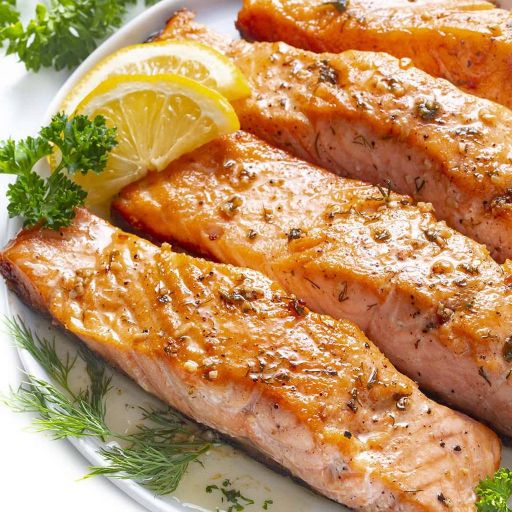
Avoiding smoking and drinking
Cigarette smoking is one of the leading causes of heart disease. It damages your health to different extents, more than you can imagine. For starters, it raises bad LDL cholesterol and lowers good HDL cholesterol.
This can worsen over time, which enables excessive deposits of cholesterol in the arteries, which narrows them and reduces blood flow.
Smoking also causes defects in cholesterol distribution and absorption in the tissues. The good thing is that many of these consequences are reversible once a person decides to quit smoking.
It’s not easy, but with the right plan and support, it’s possible. Your doctor can help you find the best way to quit and stay smoke-free.
Alcohol and heart health have a tricky relationship when it comes to health professionals. There are some studies that indicate that moderate drinking can improve levels of HDL, the good cholesterol. This reduces the chances of heart disease by many folds.
Nevertheless, organizations such as the CDC and AHA are not convinced. They do not support the use of alcohol as a means to reduce the risks of heart disease. There is simply not enough compelling evidence to back it up. In case you indulge, it is necessary to do so in moderation.
For men, that means no more than two drinks a day. For women, it’s one drink a day. Drinking too much can increase your risk of other serious health problems, so it’s important to stay within these guidelines.
Consider Plant Sterols and Stanols
Plant sterols and stanols can help manage cholesterol. They are plant-based and look like cholesterol to your body. Because of this, your body absorbs them like cholesterol.
A 2018 review found that taking 1.5–3 grams of plant sterols or stanols daily can lower LDL by 7.5–12%.
You can find small amounts of these in vegetable oils. They are also added to some oils and butter substitutes.

Try Supplements
Some supplements might help your cholesterol and heart health:
●Fish Oil: Rich in omega-3 fatty acids like DHA and EPA. It can lower triglycerides but may raise LDL in some cases.
●Psyllium: A soluble fiber supplement that may lower cholesterol levels.
●Coenzyme Q10: Helps cells produce energy. The body makes its own, but research on its cholesterol-lowering effects is still ongoing.
Always consult with a healthcare professional before starting or changing any supplements.
So are you ready to ditch the bad and embrace the good? Managing cholesterol isn't just about popping pills. It's about making lifestyle changes that your heart will thank you for.
Load up on good fats and swap out those trans fats. Embrace fiber like it's your new best friend. Get moving with exercise and keep that weight in check.
Smoking? Just quit it. And when it comes to alcohol, moderation is the name of the game. Want an extra boost? Consider plant sterols and stanols, or try supplements like fish oil and psyllium.
But always check in with your doctor first. So there you have it. Make these changes and watch your cholesterol levels—and your heart—start singing a healthier tune.
OTHER NEWS
-
- Cholesterol and Diet: Foods That Help Lower Your Levels
- By Prodosh Kundu 10 Sep,2024
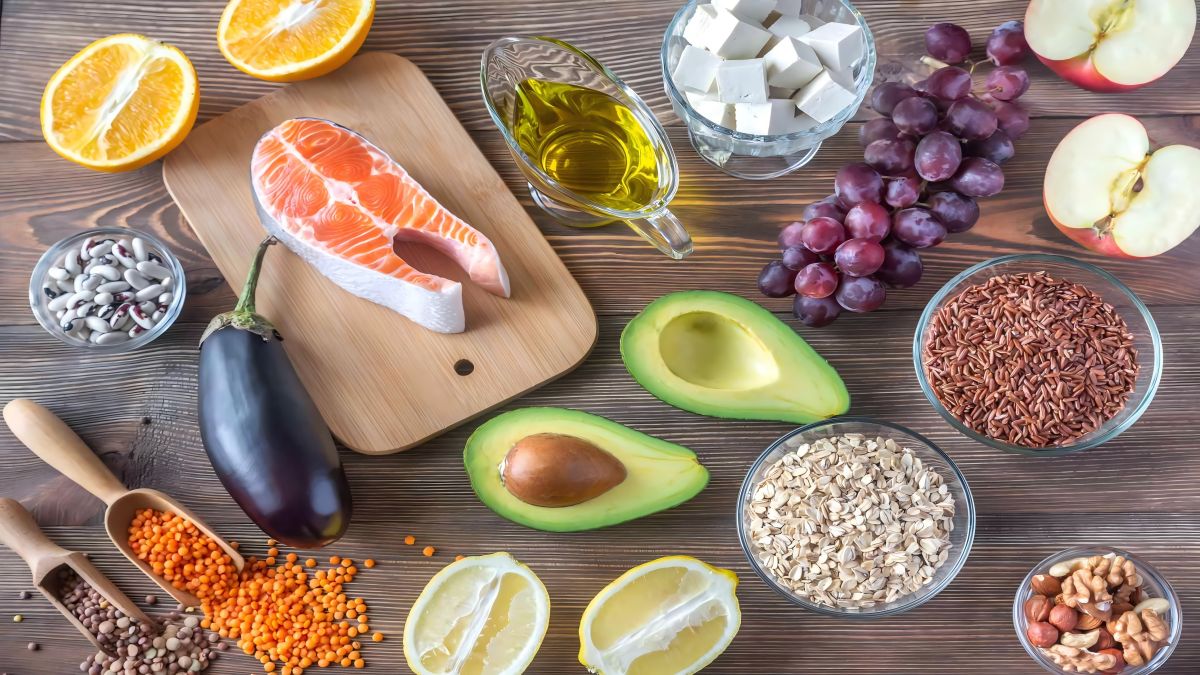
-
- Five healthy staple foods to eat during weight loss
- By Prodosh Kundu 19 Aug,2024
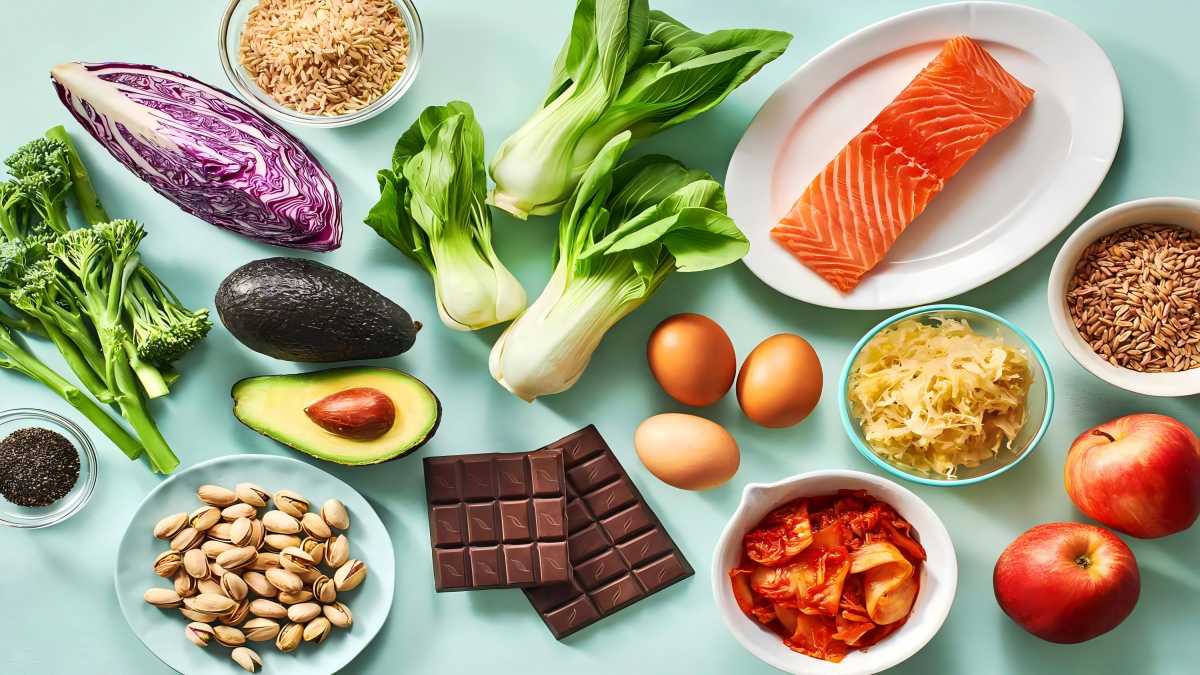
-
- Impact of Orthodontics on Personal and Public Health
- By Roha Tariq 07 May,2024
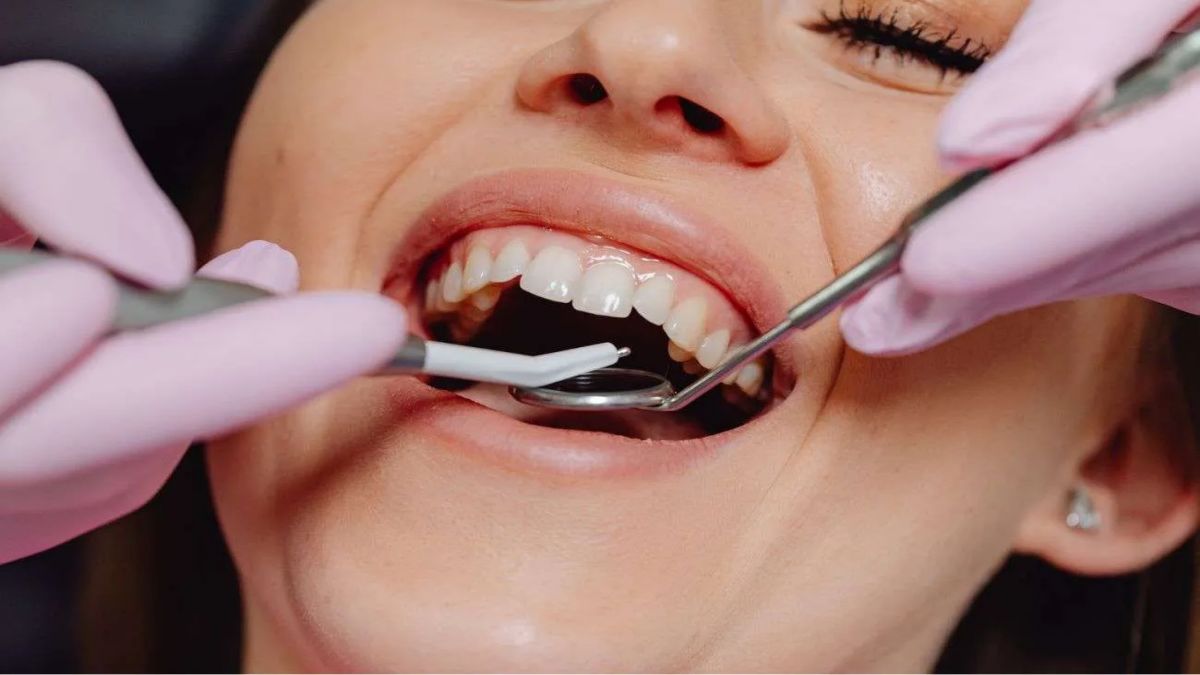
-
- Non-allergic rhinitis—vasomotor rhinitis
- By Dr. James 12 Apr,2024

-
- Treatment Methods for Cataracts
- By Jason 06 Mar,2024
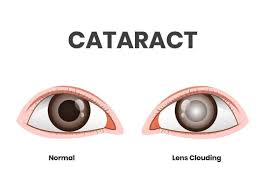
-
- The causes of bloating in the upper abdomen and abdominal tympany are as follows
- By Jason 05 Mar,2024

-
- Rehabilitation training after fracture involves reduction
- By Jason 05 Mar,2024
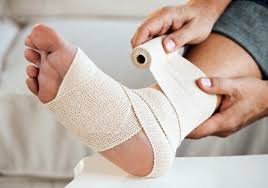
-
- Life with Multiple Sclerosis: Coping Strategies and Daily Management
- By Prodosh Kundu 09 Sep,2024

-
- How to relieve migraine after tooth extraction and its causes
- By Jason 14 Mar,2024

-
- Treating bromhidrosis surgically
- By Jason 14 Mar,2024

-
- Innovative Treatments for Lung Cancer: What’s on the Horizon?
- By Prodosh Kundu 18 Sep,2024

-
- Things to do for lower back pain patients
- By Jason 05 Mar,2024
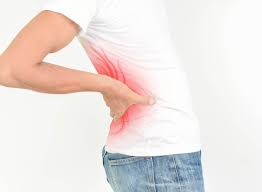
 1
1 1
1